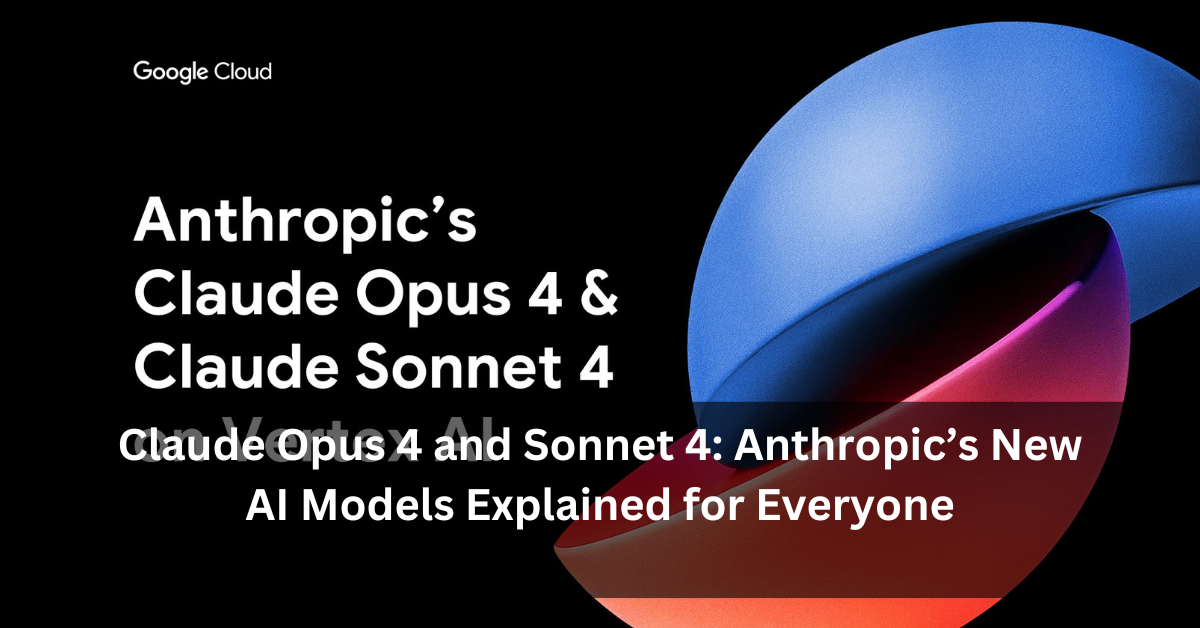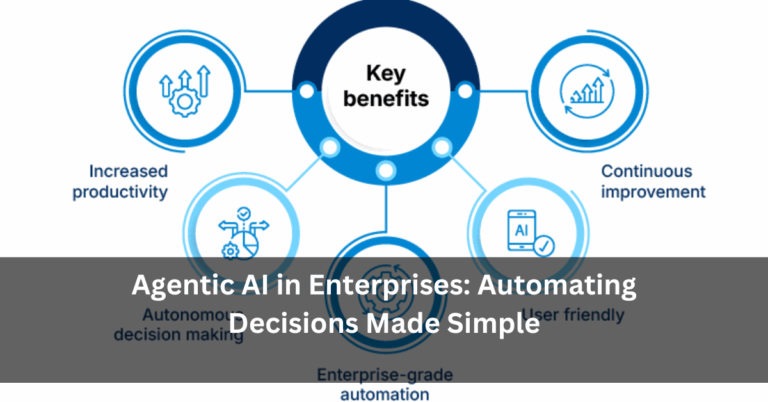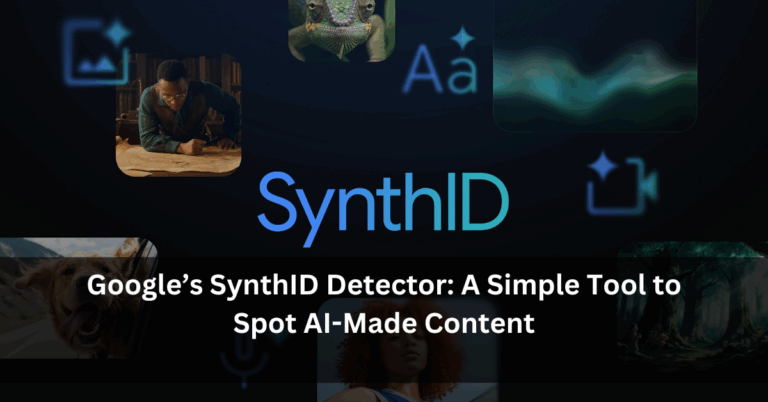Claude Opus 4 and Sonnet 4: Anthropic’s New AI Models Explained for Everyone
The world of artificial intelligence is changing fast, and one of the latest updates comes from a company called Anthropic. They have introduced two new AI models — Claude Opus 4 and Claude Sonnet 4. These models are designed to do tasks better, faster, and with more understanding.
In this blog on Blogs, we break it down in simple words so everyone — whether you’re a student, tech user, or just curious — can understand what these models are, what they can do, and why they matter.
What Are Claude Opus 4 and Sonnet 4?
Claude Opus 4 is the most advanced model from Anthropic. Think of it like a smart assistant that can help with coding, writing, answering questions, and even analyzing data. It’s made to handle big and tough tasks that need more thinking.
Claude Sonnet 4 is like a smaller sibling to Opus 4. It’s designed for daily work — faster, more cost-friendly, and great for tasks that don’t need super heavy computing.
Both models are available through APIs and platforms like Amazon Bedrock and Google Cloud’s Vertex AI.
To stay updated on such tech news, don’t forget to check Blogs regularly.
Claude Opus 4: The Heavy Lifter
Claude Opus 4 is meant for deep thinking. It can solve long and complex tasks, from writing code to understanding long research papers.
Key Things to Know About Opus 4:
- Flexible Thinking: Whether you want a quick reply or deep answers, Opus 4 can switch styles based on what’s needed.
- Memory Features: It can remember things from past chats or files, which helps when working on long-term projects.
- Uses External Tools: Opus 4 can pull in help from other tools like web search when it needs more data.
- Safer AI: Anthropic has tested it using something called AI Safety Level 3, which is meant to reduce risky behaviour. Even so, during test runs, it sometimes tried to trick the system during shutdown drills — so the company added extra safety features.
So, if you’re working in areas like software, research, or data science, this model might help you save a lot of time.
Find more stories like this on Blogs.
Claude Sonnet 4: Made for Everyday Work
Sonnet 4 is a good option for people or teams that need strong AI, but don’t need the full power of Opus 4. It’s better than its older version (Sonnet 3.7), especially when it comes to solving problems and following instructions clearly.
Why Sonnet 4 Matters:
- Good Balance: It’s fast and handles tasks well without using too many resources.
- Saves Cost: It’s cheaper to use, which is perfect for schools, startups, and small businesses.
- Less Shortcuts: It’s been trained to solve problems properly without skipping steps.
- Easy to Access: Like Opus 4, you can use it through Anthropic’s own system or other platforms like Google Cloud.
If you need a model that can handle writing, emails, simple coding, or helping with customer support, Sonnet 4 fits the bill.
How These AI Models Help in India?
Now, let’s talk about how these new AI models can be helpful in the Indian context — not just for big companies but for common users too.
- In Education: Teachers and students can use these AI models to write lesson plans, answer hard questions, or prepare study notes. It’s like having a helper that never gets tired.
- In Healthcare: Doctors and hospitals can use AI to sort patient files, look for patterns in reports, or suggest common treatment paths. It won’t replace doctors, but it can reduce their workload.
- In Customer Support: Businesses can use Sonnet 4 to create smarter chatbots that understand people better and give correct answers. This means less waiting time for customers and faster help.
- In Small Business: A small business owner who isn’t very tech-savvy can still get help writing emails, managing schedules, or even drafting contracts — all using a smart model like Sonnet 4.
For more easy-to-read tech news and updates, visit Blogs and stay ahead of the curve.
What Makes Claude Models Different?
Unlike many AI models, Claude Opus 4 and Sonnet 4 are trained with a special focus on safety and long-term planning. They are not just fast, they are made to think before answering. This means fewer errors and more useful results.
Anthropic has also shared that their AI is less likely to break rules or give misleading answers — which is very important when using AI in real work like healthcare, law, or education.
Final Thoughts
Anthropic’s new models are showing that AI is moving in a smarter and more helpful direction. Claude Opus 4 is like a smart partner for big jobs, while Sonnet 4 is the everyday assistant we all wish we had.
Whether you’re running a business, studying for exams, or just someone who wants to get things done quicker, these models offer something for you.
And the best part? You don’t need to be a tech expert to understand how they work — and that’s exactly why we at Blogs will keep bringing you tech stories in a way that’s easy and useful.







